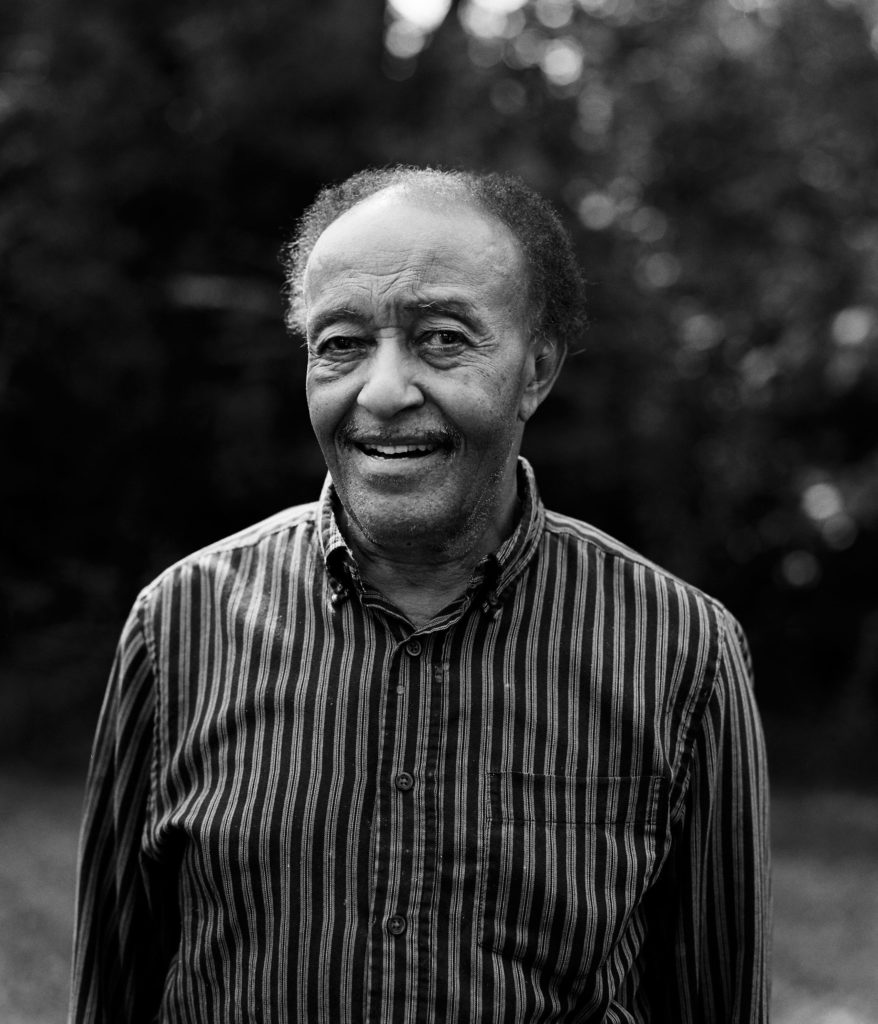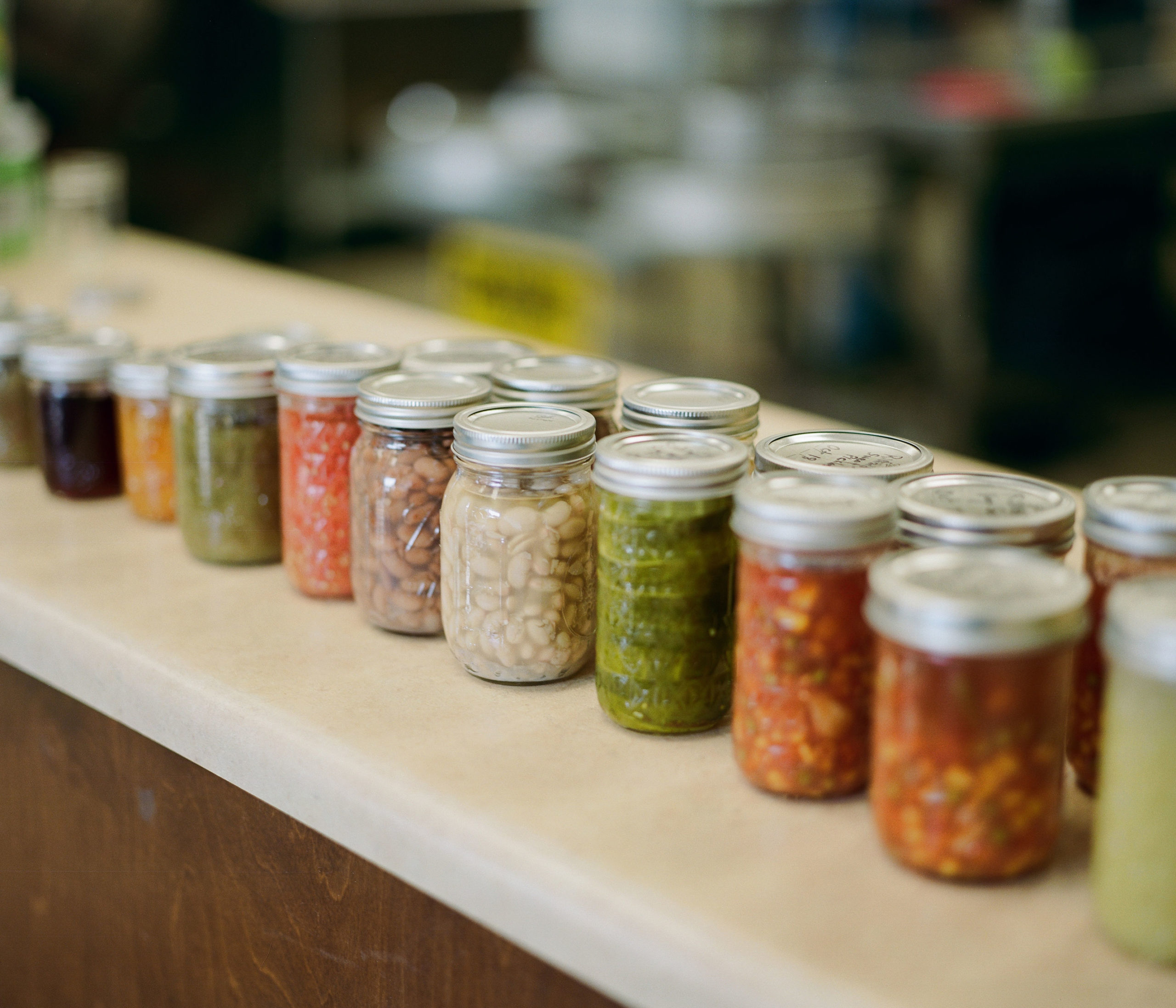
From his post at the Stanton Cannery, Richard Turner has humbly and steadfastly preserved the food traditions of the rural communities of Stanton, Haywood County, and West Tennessee. The Stanton Cannery was opened in 1973 by the Chickasaw Area Development Commission. The purpose of the CADC canneries was to provide rural residents with the training and equipment needed to preserve their summer garden produce. Turner, the first and sole operator of the Stanton Cannery, began training in Milledgeville by 1971. Turner visited several canneries in Tennessee at that time and learned the traditional techniques for the art of canning. Today, the Stanton Cannery is the only cannery still open from those original CADC canneries and is the Town of Stanton’s prized community asset. Under Turner’s leadership, the Cannery represents more than just a place to preserve garden produce using age-old methods: it is a significant part of community life and a center of local folklife traditions.

Families have relied on Turner for over forty years to provide the training, expertise, and knowledge needed to can their vegetables and make traditional foods such as chow-chow, cracklings, and muscadine jelly. He has taught innumerable people the essentials of canning, including the proper processing and preservation of their garden produce. During an average season, Turner cans about 23,000 quarts of vegetables, grinds about 9,000 lbs of sausage, 3,000 lbs of deer burger, and (between 1975-1998), made about 150 gallons of hog lard per season. On average, 425 families use the Cannery per year. These customers come from six surrounding counties: Haywood, Tipton, Fayette, Hardeman, Madison, and Crockett. The Cannery is a gathering spot for residents and quickly became the heartbeat of the community. It is commonplace to see groups of neighbors sitting together, telling stories, laughing, and joking while processing their food.
In addition to operating the Cannery, Turner collected recipes from local residents, in order to save the food heritage of the community from being forgotten. One neighbor said, “When people couldn’t remember their grandmother’s recipes exactly, Richard knew their grandmother, and what she would probably have used in those recipes. In just these small ways, Richard has done a lot to preserve the old-time recipes in this area.” Neighbors refer to Turner as “an icon in our community,” noting that without him, the art of canning would have been lost in Haywood County. In recent years, the Town of Stanton created videos of Turner making a variety of traditional recipes so that his expertise can be shared with future generations. In these, Turner explains his recipes and their history, and he shows viewers specific techniques learned from his many years of experience.
Due to Turner’s diligence, expertise, and commitment to old traditional methods, members of the community can continue practicing their foodways traditions of canning produce and cooking family recipes. Appreciation of Turner’s achievements have even transcended his community: in 2007, he was honored with a certificate of Congressional Recognition for his loyal service to the Stanton Cannery. “The Cannery, and Richard as its keeper, is truly one of the Town of Stanton’s most prized community assets,” says Allan Sterbinsky, Mayor of Stanton. “We are so fortunate that he has shared his wisdom, knowledge, passion, and his life with all of us.” Turner has single-handedly carried on important folklife practices and has allowed West Tennessee family foodways traditions to endure.

